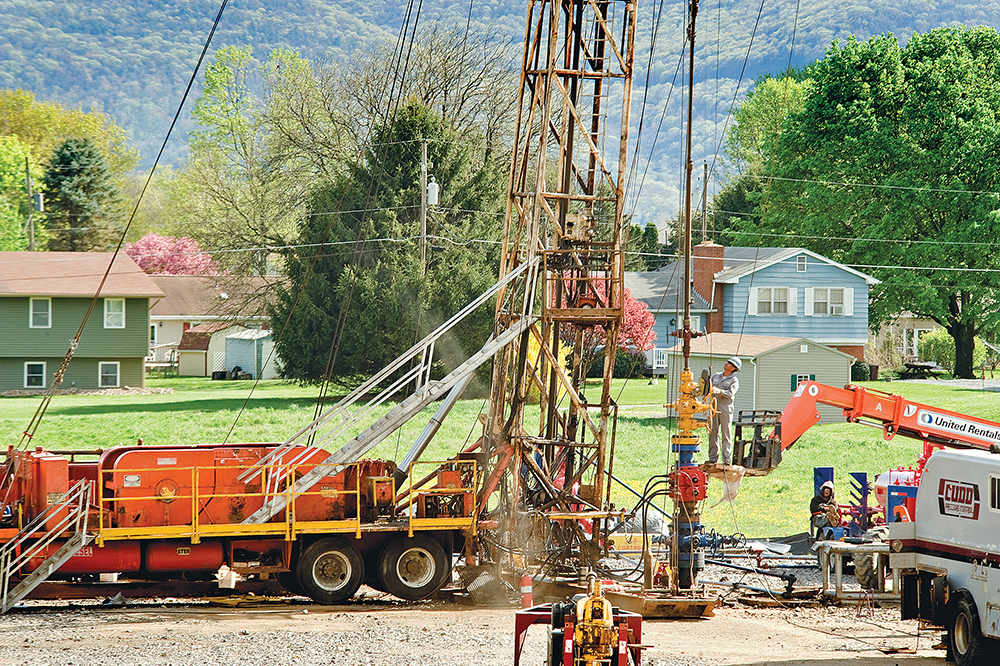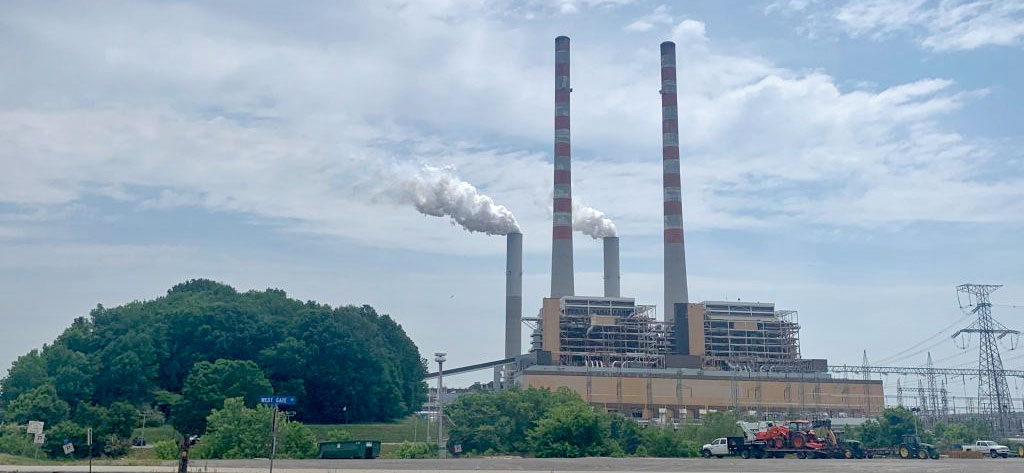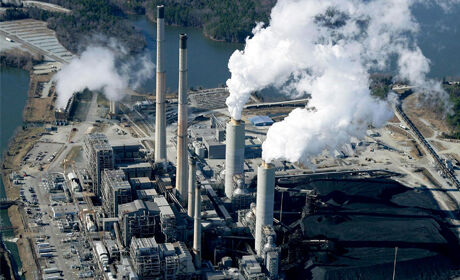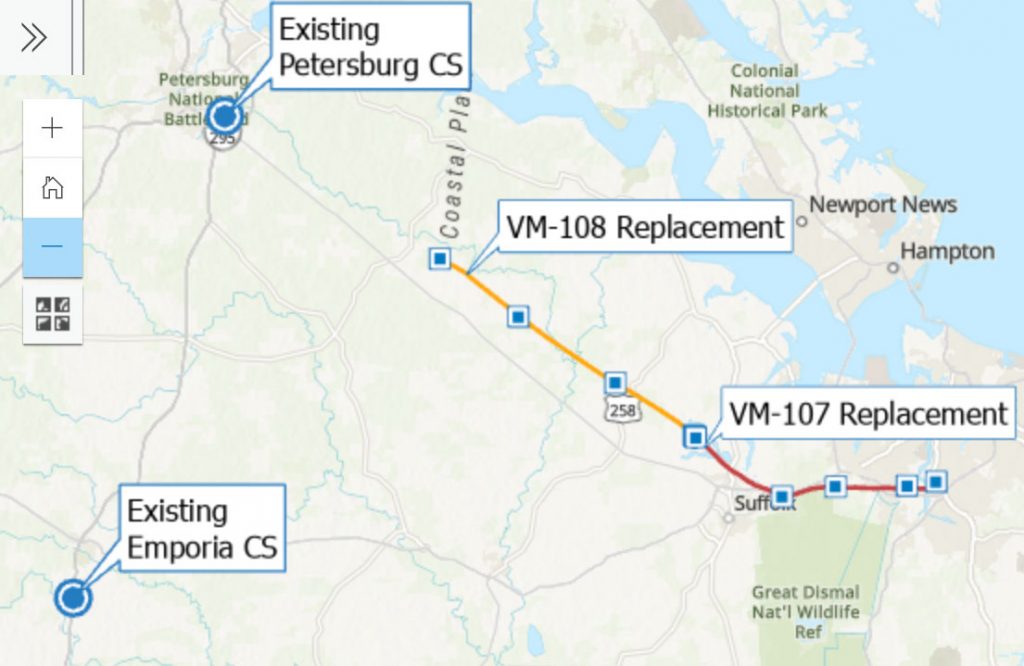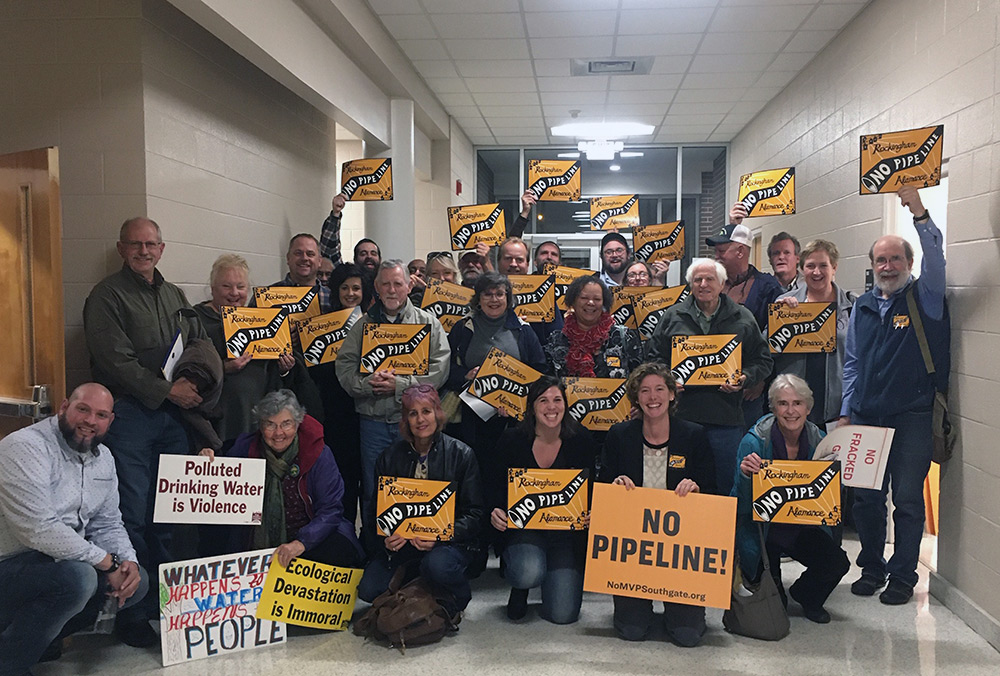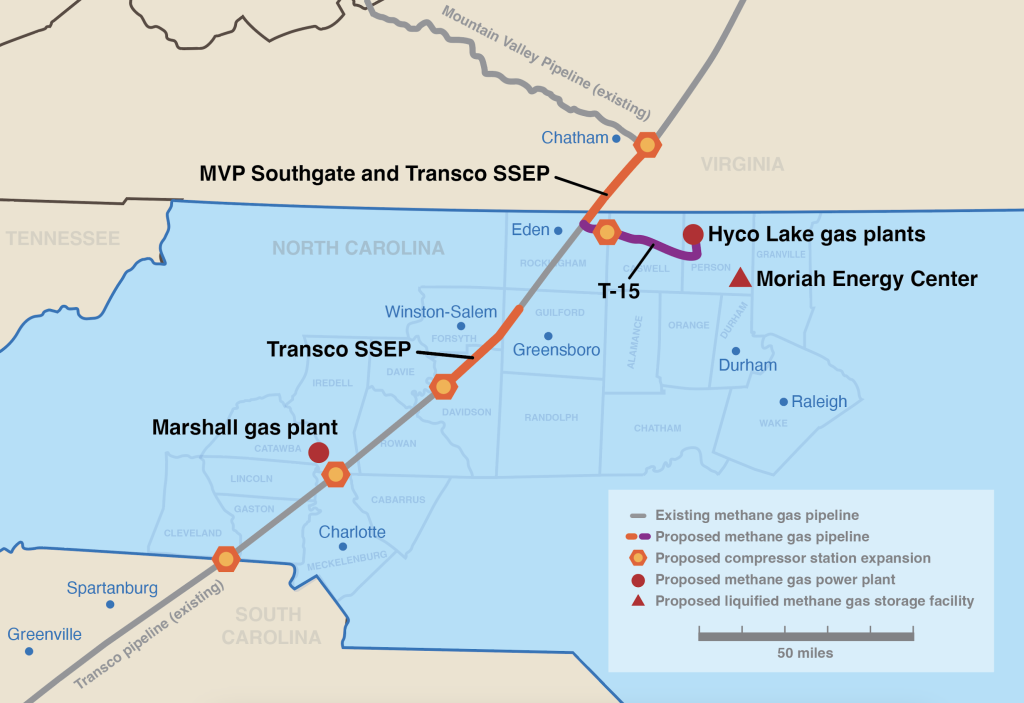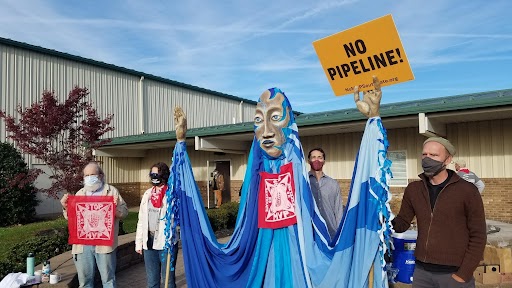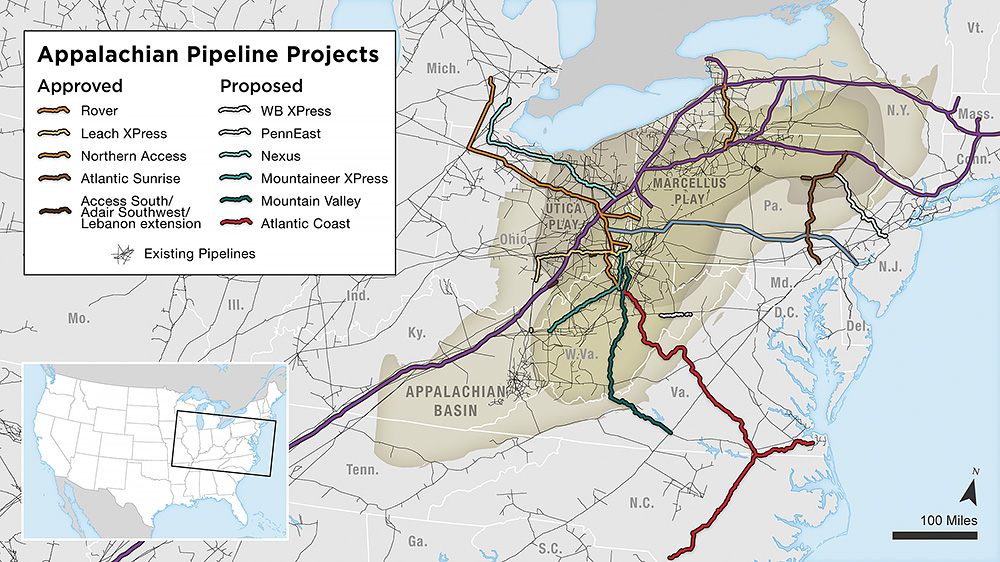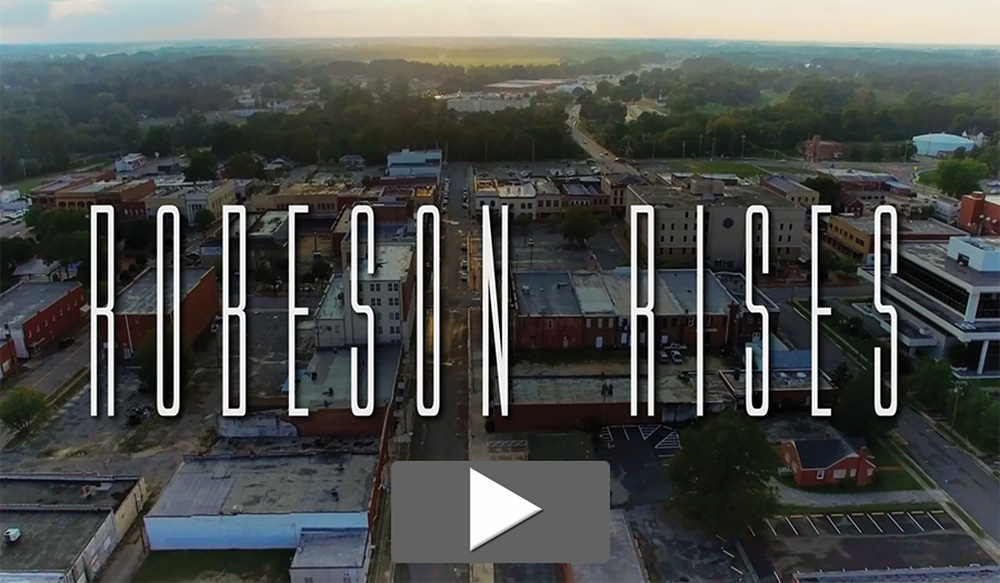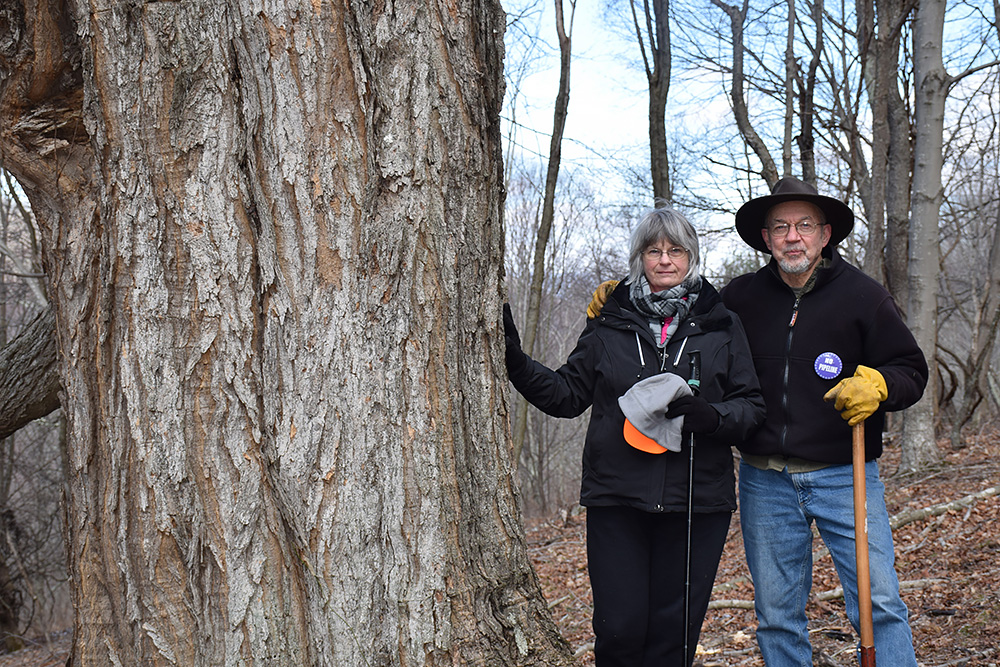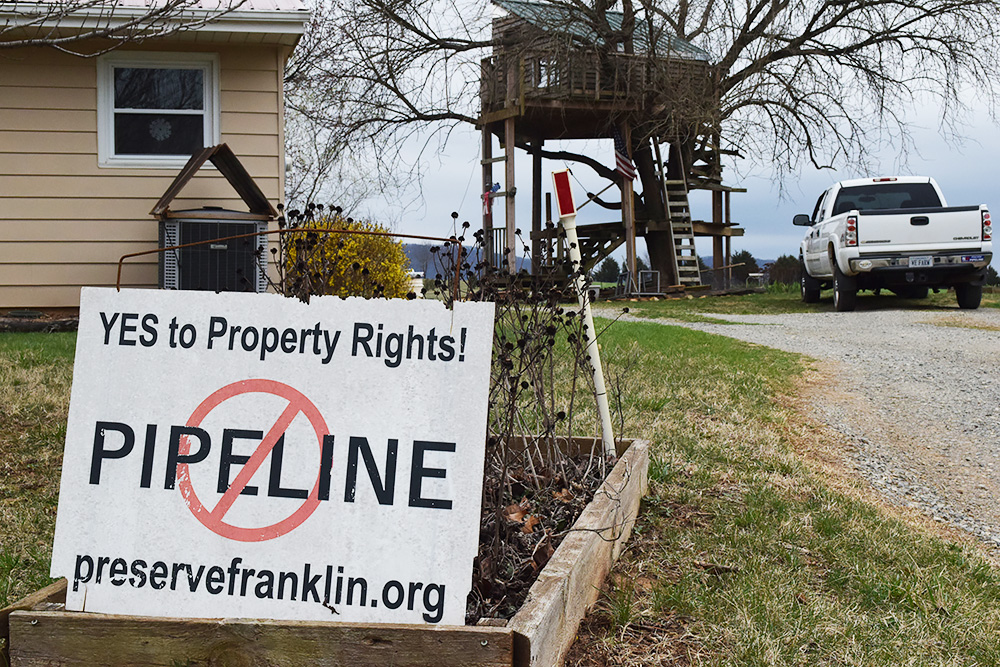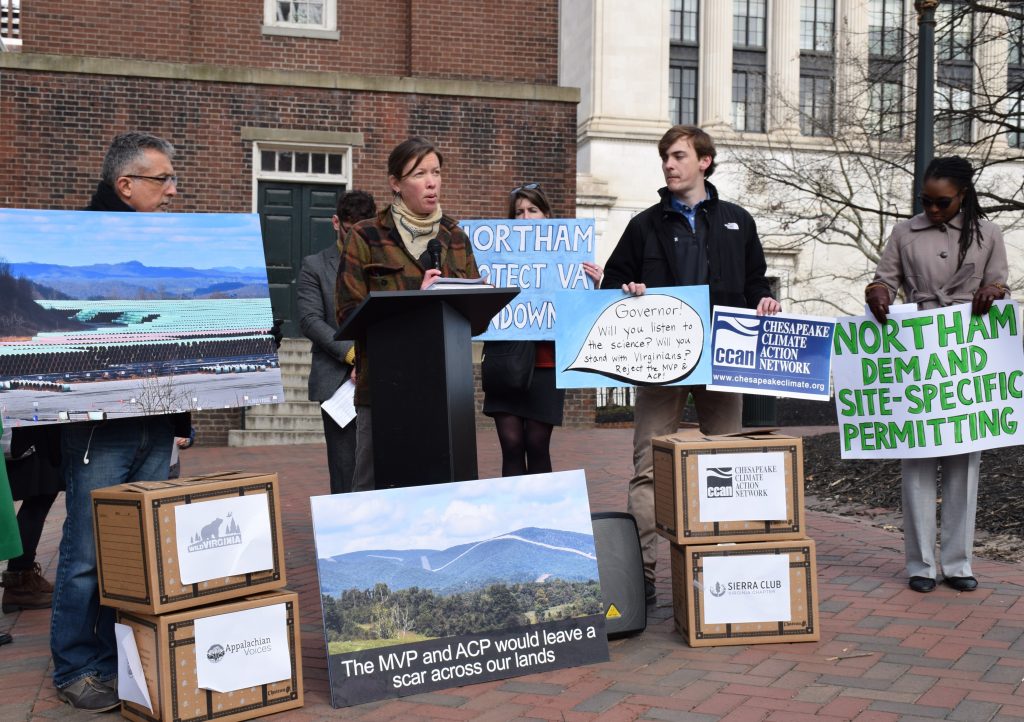Stop Pipelines & Fracked Gas

Photo By Sierra Shamer / Fractracker
Two decades ago, so-called natural gas exploded on the American energy market, pushed by the industry as a supposedly clean “bridge” fuel to transition the economy from dirty coal to renewable sources of electricity generation like solar and wind.
But this gas is far from clean. From the time that it is extracted using a destructive drilling method called fracking, its transport through pipelines, train cars and trucks, to the power plants where it is burned, the dire environmental and human costs of this fossil fuel are now abundantly clear. In particular, this polluting infrastructure is often sited in communities of color, lower-income areas and other environmental justice communities.
Studies show that investments in renewable energy and energy efficiency are on par with, or sometimes more affordable than, building new gas infrastructure. Many states are enacting policies to tap into the rising solar and wind sector. Yet the fossil fuel industry is rushing to build methane gas pipelines and power plants to squeeze as much profit as possible out of the waning fuel, putting most of the financial risk on customers.
Appalachian Voices is tackling the spread of fracked gas head-on by legally challenging fossil fuel proposals and pushing back against the antiquated policies and rubber-stamping agencies that govern the development of gas infrastructure. We are also partnering with communities in the fight against new fossil fuel infrastructure, providing resources and training to bolster local opposition. And we are pressuring decision-makers to force them to consider the harm to communities threatened by polluting energy development.
And the tide is starting to turn. In July 2020, Duke Energy and Dominion Energy canceled the 600-mile Atlantic Coast Pipeline. The massive fossil fuel project was riddled with problems, starting with the fundamental fact it was not needed to meet energy demand. Standing beside the many communities and organizations that made this historic victory possible, we’re taking this momentum and applying it toward the fight against other destructive, climate-harming projects that threaten community safety, our clean air and water, and that would raise electricity costs for residents.

Latest News
Pipelines Advance Despite Setbacks & Resistance
Community and grassroots backlash against pipeline developers, environmental regulators and elected officials continues, but it has yet to stop the growth of gas infrastructure in Appalachia.
Robeson Rises
A new documentary looks at the potential impacts of the Atlantic Coast Pipeline in Eastern North Carolina.
Onward in the Pipeline Fight!
Appalachian Voices is working alongside communities and organizations to stop the wave of fracked-gas pipelines.
Bill and Lynn Limpert
When Bill and Lynn Limpert retired on 120 acres of rugged Virginia mountains, they never thought they would have to fight against Atlantic Coast Pipeline developers seeking to cut down their old-growth trees.
Holding Pipeline Profiteers Accountable
SPECIAL COLUMN: The fossil fuel industry and monopoly utilities, and their political abettors, will not turn easily from their money-making course. We citizens must continue to call them out, hold them accountable, and push hard for a future that is economically and socially just, and environmentally sustainable.
Thousands call on Gov. Northam to protect Virginia waters from fracked-gas pipelines
Richmond, Va. — Citizens representing Virginia landowners, the…

